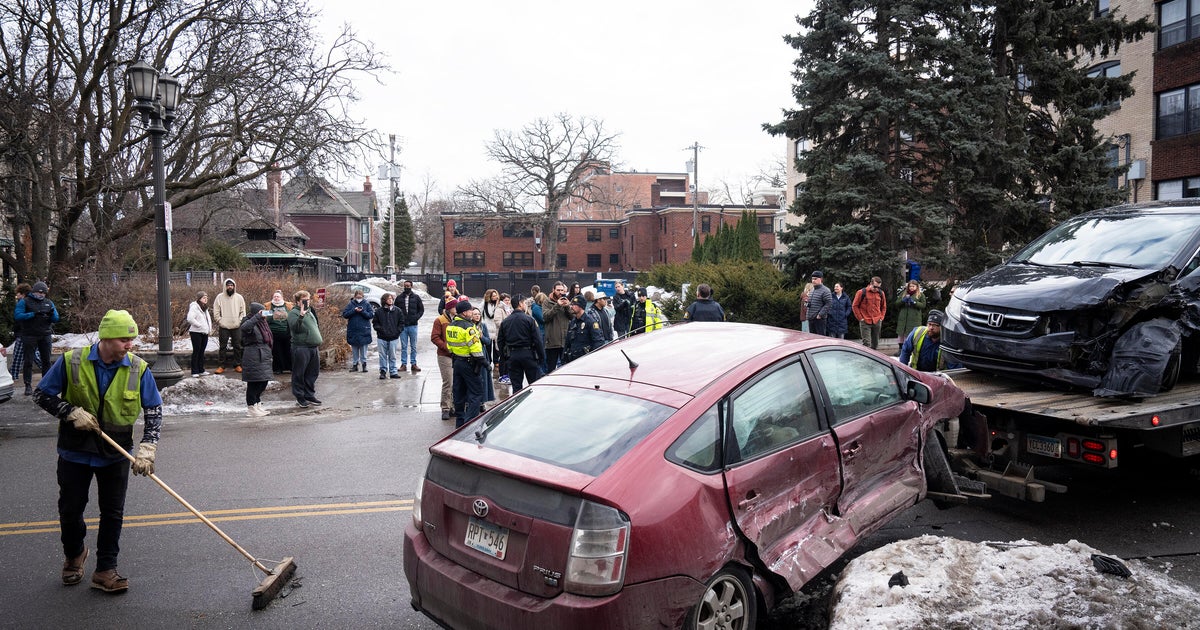Legislature To Vote On New State Retirement Plan
BALTIMORE (WJZ)—Major changes will be coming to 350,000 state workers and retirees. The state doesn't have enough money to pay what it promised to its retirees.
Mike Schuh has more on the problem and the unpopular solution.
On average, state workers make between 8 and 11 percent less than those in the private industry. But the sales pitch always has been that they make it up on the backside with good, guaranteed retirement benefits.
But somewhere along the way the system has broken down.
It doesn't add up. For every dollar Maryland owes in pensions, you're supposed to have at least 80 cents in the bank. But Maryland only has 65 cents. Though it's only behind by 15 cents on every dollar, those pennies add up. Now Maryland owes $35 billion more than it has.
In Ohio and Wisconsin, such troubles led to massive protests.
Here lawmakers are civil as they agree to rework a plan from the governor. Cuts to Maryland pension include 2 percent to one salary in additional pension contributions, more expensive health care, and a two-tier plan for new hires with more years needed to retire.
At the State Center during the lunch hour, surprisingly very few state workers wanted to talk.
Privately, they said they feared for their jobs and retribution from the state.
James Hermond, a Maryland state employee, says he still has 14 years to think about retirement.
Some people have said they took state jobs rather than private sector jobs because they knew the retirement benefits would be better.
"That's a definite," Hermond said. "My mother always used to say security, security, security. And that was the social margin."
Maria Perez is just three years away from state retirement.
"People are thinking about [retirement benefits] everyday," Perez said. "They're concerned about the outcome--where they're going to take from to put there."
The legislature will vote on this plan Thursday and Friday. It's expected to pass both houses.
If that legislation does pass, state workers will see the additional deductions taken out of their paychecks on July 1.







